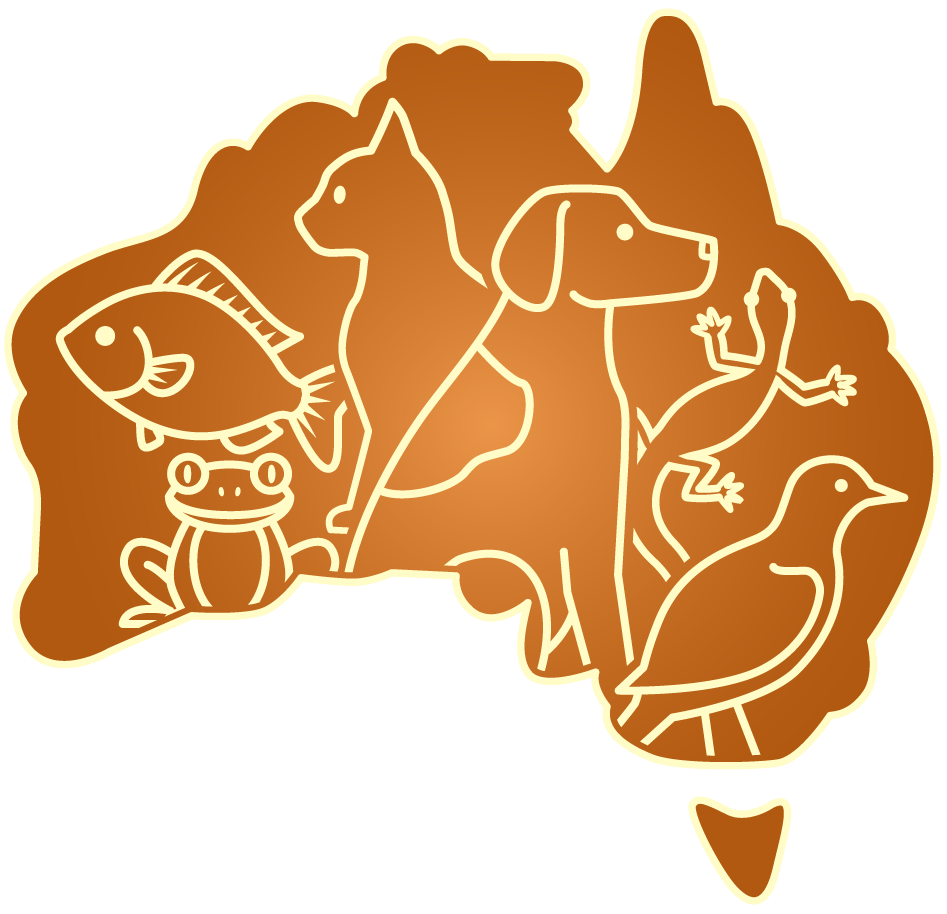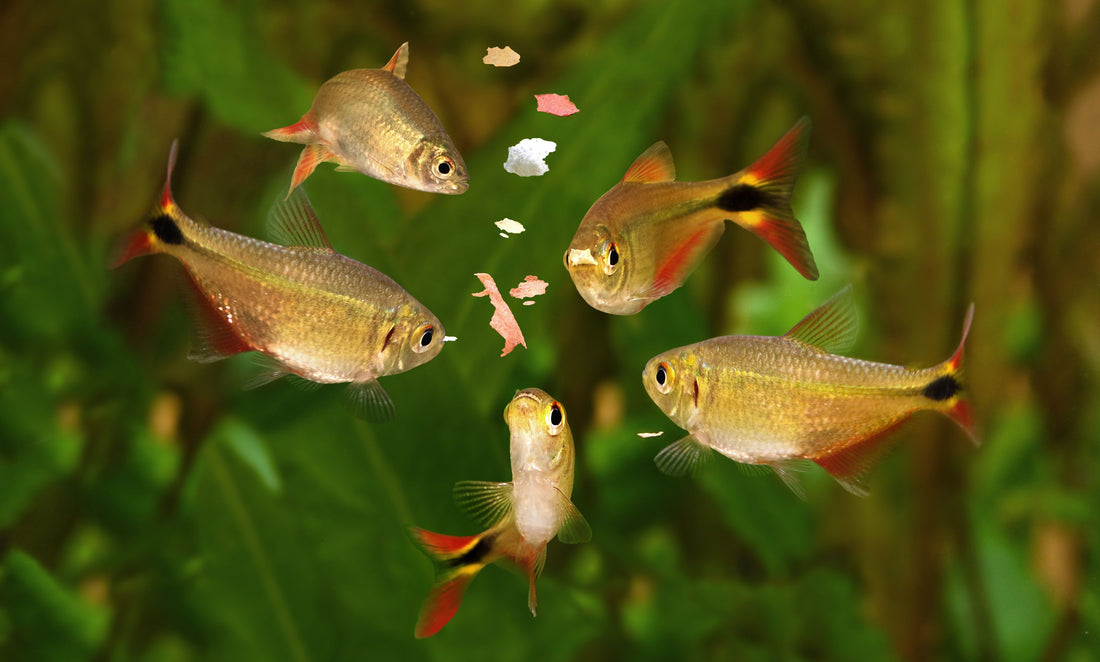Aquarium enthusiasts across Australia appreciate the tranquillity that a well-maintained fish tank brings. Beyond the captivating aesthetics, a fundamental aspect that ensures the health and longevity of your aquatic pets is nutrition. Proper feeding not only ensures vibrant colours and active fish but also promotes better resistance to diseases. Let's delve into the intricacies of fish nutrition and discern what's best for our finned friends.
Understanding Dietary Needs:
Fish, much like other animals, have specific dietary needs based on their species and natural habitats. Broadly, fish can be categorized into:
- Herbivores: Fish that primarily feed on plants and algae. Example: Plecostomus.
- Carnivores: Those that consume meat, including smaller fish, worms, and insects. Example: Oscars.
- Omnivores: Fish that have a balanced diet of both plant matter and meat. Example: Most Tetras.
Identifying the natural dietary preference of your fish is the first step to ensuring they receive the right nutrition.
Types of Fish Food:
The Australian market is replete with a range of fish foods catering to the varied needs of different fish species:
- Flakes: These are ideal for smaller fish and surface feeders. They're available in various formulations to cater to both herbivorous and carnivorous fish.
- Pellets: Available in floating or sinking variants, they're suitable for mid-water and bottom feeders.
- Frozen & Freeze-Dried Foods: These offer a more natural diet and are often used for carnivorous fish. Common options include bloodworms, brine shrimp, and daphnia.
- Live Foods: These provide enrichment and closely mimic the fish's natural diet. However, be cautious about the source to avoid introducing diseases into your aquarium.
-
Vegetables: Items like blanched zucchini, peas, and spinach can be occasional treats for herbivorous and omnivorous fish.
Vitamins and Minerals: Essential for Fish Health
Just like humans, fish require a range of vitamins and minerals for optimal health. Deficiencies can lead to health issues, such as reduced growth rates, poor colouration, and weakened immunity. Essential vitamins for fish include Vitamin A, C, D, E, and K. Minerals like calcium, magnesium, and iodine play pivotal roles in skeletal health and metabolic processes.
Feeding Guidelines:
- Quality over Quantity: Invest in high-quality fish food brands that list protein sources as primary ingredients. Check the expiration date to ensure freshness.
- Don't Overfeed: Overfeeding is a common mistake. It not only affects fish health but also degrades water quality. A general rule is to feed only what your fish can consume within 2-3 minutes.
- Variety is Key: Rotate between different food types to provide a balanced diet. This rotation ensures they receive all necessary nutrients and keeps them from getting bored with their food.
-
Special Dietary Needs: Breeding fish, juveniles, or those recovering from illness may have unique dietary requirements. Research and provide them with the necessary supplements or specific foods.
Australian Native Fish: Special Mention
Australia boasts a diverse range of native freshwater fish. If you're keeping species like the Murray Cod, Silver Perch, or the iconic Rainbowfish, ensure their dietary needs are met. While many of these fish are omnivores, understanding their natural diet can help you replicate it in captivity. For example, Murray Cod, a carnivorous species, thrives on a diet of smaller fish, yabbies, and shrimp.
Understanding the Role of Food in Fish Behaviour:
Feeding time is an excellent opportunity to observe your fish and check for signs of stress, illness, or aggression. Fish that are darting or hiding might be stressed. Rapid gill movement can indicate poor water quality. Observing your fish during feeding can give you insights into their well-being and the overall health of the aquarium.
Australia's geographical diversity, from the tropical waters of the Great Barrier Reef to the freshwater rivers of the Murray-Darling Basin, has blessed it with a myriad of fish species. Whether you're keeping a native species or an exotic one, understanding and meeting their nutritional needs is paramount.
To ensure your fish receive the best nutrition, visit [Your Store Name]. We offer a curated selection of top-tier fish foods and supplements that cater to the diverse dietary requirements of various fish species. After all, a healthy fish is a happy fish, and as aquarists, that's precisely what we aspire for!

